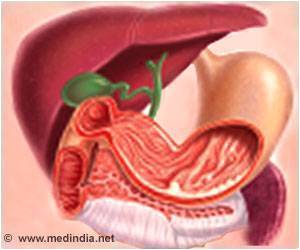A short, moderate and daily exercise regimen, regardless of volume or intensity, benefits obese and overweight adults who have non-alcoholic fatty liver disease.

Researchers divided 48 participants were into four equal groups of 12 people- low-to-moderate intensity, high-volume aerobic exercise; high-intensity, low-volume aerobic exercise; low-to-moderate intensity, low-volume aerobic exercise; and placebo for an eight-week period. They assessed the change in liver fat by magnetic resonance spectroscopy (MRS).
All three groups, irrespective of the exercise regimen, showed improvement in liver fat of about 18-29% from the average baseline 7.5%, compared with the placebo group in which liver fat increased by an average of 14%. This improvement was independent of weight loss.
Nathan Johnson from the University of Sydney, Australia, and lead investigator of the study, said, "The results from our study show that all exercise doses, irrespective of volume or intensity, were efficacious in reducing liver fat and visceral fat by an amount that was clinically significant, in previously inactive, overweight, or obese adults compared with placebo. These changes were observed without clinically significant weight loss."
The study is published in the Journal of Hepatology.
Source-Medindia














